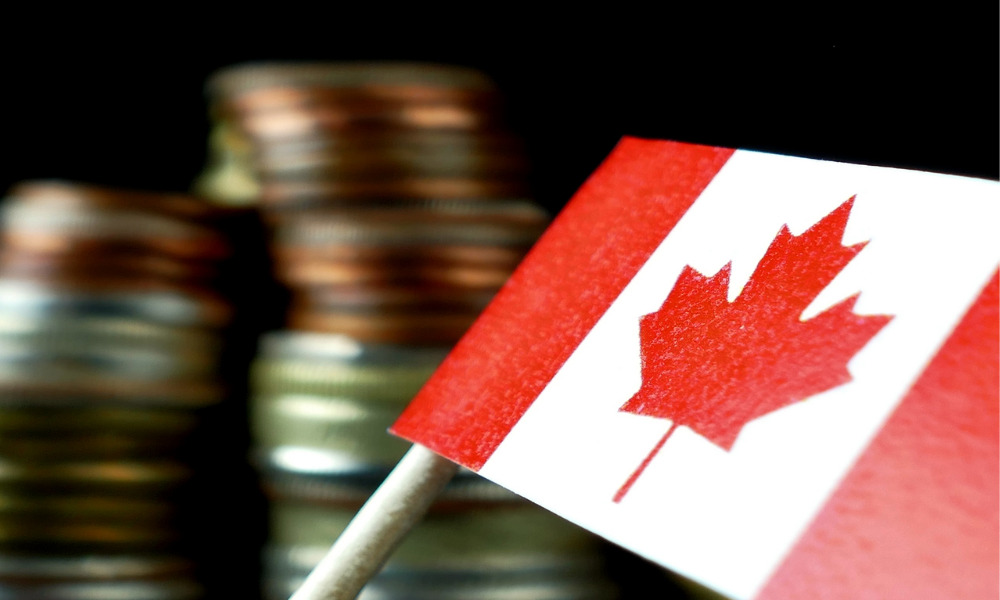Managing these converging forces without jeopardizing the Canadian economy will be a delicate balancing act

Canadian policymakers are wrestling with a volatile and unprecedented combination of economic, fiscal, and geopolitical challenges, according to former Bank of Canada governor David Dodge.
In particular, the sharp rise in global commodity prices remains a formidable obstacle, Dodge said in a report authored for law firm Bennett Jones.
“If we get oil prices down [and] we get that sort of a break, then I think it’s quite possible [to achieve a soft landing],” Dodge told the Financial Post.
“If we don’t get a break on that front, it’s going to be very difficult,” he added. “We have to move really quickly to [bring inflation down], and … for central banks, that means getting interest rates up to a level where they actually are restrictive rather than just being accommodative for growth.”
However, getting to that point will be a delicate balancing act, Dodge warned.
“At the same time, we have to allow the rise in prices to do their job, which will be to cut demand where people don’t have enough income – that reduces demand and perhaps some prices. That’s not very nice, but that’s the way the market system works.”
Read more: BoC’s Macklem: Rate hikes will not be detrimental to the economy
The Bennett Jones report is anticipating energy and commodity prices to reach their highest points this year before moderating over 2023 and 2024, while still remaining above pre-pandemic levels. A BoC overnight rate of 2.75% is also likely under these conditions, with three 0.5% increases and two 0.25% hikes.
In the report’s most optimistic reckoning, core inflation levels could reach their peak in Q3 2022 before slowing down to 2% by mid-2024. Should inflationary pressures persist, however, the Bank of Canada will be forced to raise its rates to as high as 3.5% by March 2023.
Dodge said that the ball is in the policy-making court to stave off prolonged stagflation.
“That is the short-run: the outlook is not very cheery,” Dodge said, “It’s kind of dealing with the side effects of a superbly successful intervention, which we and the rest of the world made in the economy in 2020.”



